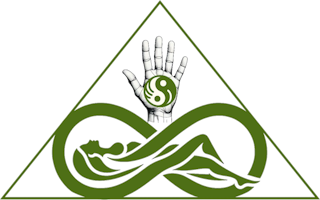Dry Needling vs. Acupuncture
Dry needling and acupuncture are both therapeutic modalities that involve the insertion of thin needles into specific points on the body to alleviate pain, promote healing, and improve overall well-being. While there are similarities between the two practices, they differ in terms of their underlying theories, philosophies, and applications.
Dry Needling
- Theoretical basis: Dry needling is primarily based on Western medical principles, particularly the understanding of the neuromuscular system and trigger points. It focuses on the treatment of musculoskeletal pain and dysfunction.
- Trigger points: Dry needling targets myofascial trigger points, which are tight, hypersensitive knots in muscles that can cause pain, limited range of motion, and muscle weakness. These trigger points can also refer pain to other areas of the body.
- Technique: Practitioners insert needles into the trigger points, causing a local twitch response. This helps to release the tightness, reduce pain, and improve muscle function.
- Evidence-based approach: Dry needling is grounded in scientific research and evidence, with a focus on understanding the mechanisms of pain and dysfunction through the study of anatomy, physiology, and biomechanics.
Acupuncture
- Theoretical basis: Acupuncture is a component of Traditional Chinese Medicine (TCM) and is based on ancient Chinese philosophies, particularly the concepts of Qi (vital energy), meridians (energy pathways), and Yin and Yang (the balance of opposing forces in the body).
- Meridians and acupoints: Acupuncture targets specific points, called acupoints, along the meridians. These points are believed to influence the flow of Qi and restore balance in the body.
- Technique: Practitioners insert needles into the acupoints, aiming to regulate the flow of Qi and stimulate the body’s natural healing process.
- Holistic approach: Acupuncture is a holistic practice that considers the physical, emotional, and mental aspects of a person’s well-being, with a focus on maintaining balance and harmony in the body.
In summary, while both dry needling and acupuncture involve the insertion of needles into specific points on the body, they differ significantly in terms of their underlying theories and philosophies. Dry needling is based on Western medical principles and targets myofascial trigger points to alleviate musculoskeletal pain and dysfunction. Acupuncture, on the other hand, is rooted in Traditional Chinese Medicine and aims to balance the flow of Qi in the body to promote overall well-being.
